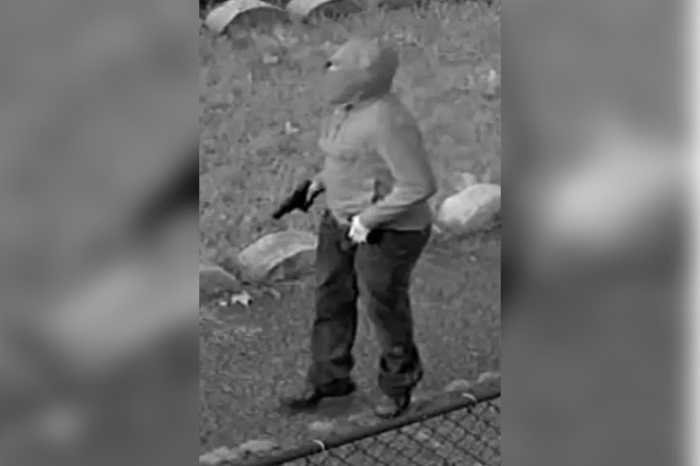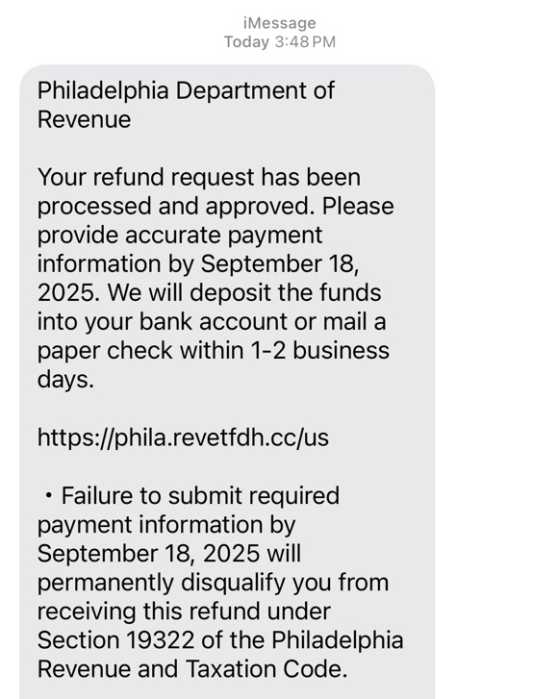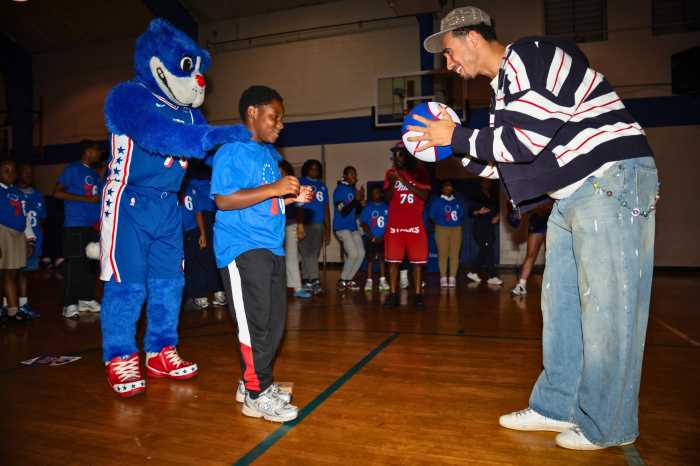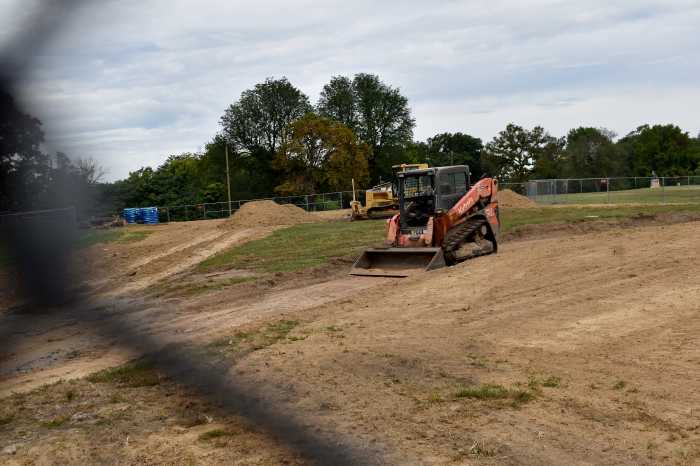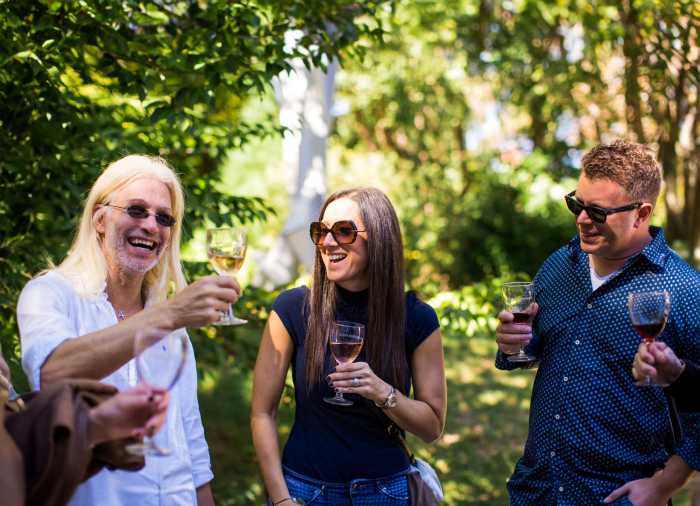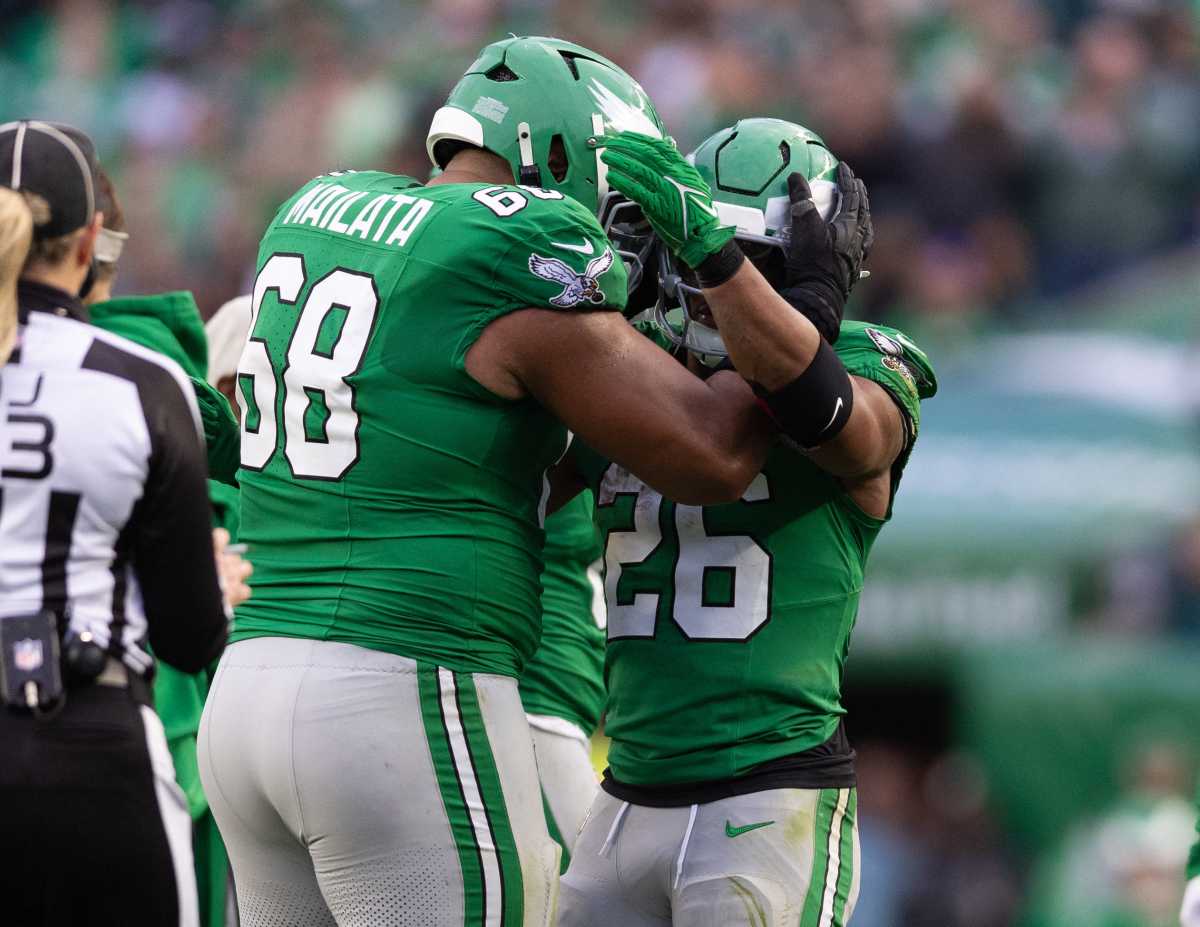Though the Brothers Osborne — John and T.J. — have been making forward-thinking country hits with singles such as “Stay a Little Longer,” and full-lengths such as “Pawn Shop,” it is 2020’s “Skeletons”—and the public conversations away from music—that has made them such thoughtful provocateurs.
While John was honest in his need to take a mental health break away from music before the coronavirus pandemic, T.J. revealed he was gay in 2021, therefore presenting an openness and transparency — a free-feeling, even familial storytelling vibe that sticks to the new album, “Skeletons.”
T.J. spoke to Metro in anticipation of the Brothers’ concert at The Mann Center’s Skyline Stage on Thursday, July 29.
Amorosi: “Skeletons“ is a great title for the new album, not only as it shows off its wealth of deeply personal, family stories and your usual admiration of Merle Haggard, but, also, you long hidden love of the 70s-rooted soul-funk a la Steely Dan and Little Feet.
Osborne: Those are great references, and so easy to take influence from. For “Skeletons,” the first thing we wanted to do was to make a record that really worked live – the obvious, hilarious thing about that being we haven’t performed out for a while. Now that we are out on the road, it’s been fun playing that material. We wanted something higher energy than our previous studio album, “Port St. Joe,” which was pretty chill. Plus, we wanted to have our entire touring band as part of the recording process – that’s rare in Nashville – a camaraderie that worked great on this material. We wanted “Skeletons” to feel like a band, rather than a duo. And we wanted to make music that jammed, that we could be proud of, rather than worry about making hits for the radio.
Amorosi: Are there more unlikely influences to your sound on “Skeletons”?
Osborne: There’s definitely the Allman Brothers. There is the Everly Brothers, not so much in terms of vocals, but because so much musical harmony exists between my brother and I. Tedeschi Trucks is a big influence, even the Grateful Dead and the Rolling Stones – they each have incredible harmonious interaction.
Amorosi: Was “Skeletons” a COVID produced project?
Osborne: A little before and during. We started before the quarantine, then my brother had a little bit of a mental health issue that he had to take care of. We cancelled studio time around that, then came back to finish the record with just about 80% done when COVID became the terror that it was, and put this on ice. Plus, I wound up getting salmonella poisoning that kicked my a** for a time… made some of my vocals a great challenge to get through. Then a tornado ripped through Nashville, where we were recording – all part of a terrible chain of events which we had to persevere through to finish the album. It might have been better to wait to release new music, as no one else was at the time. But, we released “Skeletons” during lockdown, because we wanted to give our fans new music, and because we hadn’t had any out there in a long time.
Amorosi: Talk about bringing your inner selves and that of your family to bear on “Skeletons.” This album digs deeper than most.
Osbourne: As opposed to our previous records where things were just a little more broad-stroke statements, lyrically, we wanted people to know more of us, what we’re about. We talk about family members here, but also a song like “I’m Not for Everyone” is specific to my brother and I. And that song has resonated with so many of our fans. Doing otherwise than getting up-close-and-personal runs the risk of having your fans never know who you truly are.
Amorosi: You mentioned your brother’s struggles with mental health. You have been open about coming out. This is not a business that is always so transparent. Why do so? And is this openness forever part of your family’s dynamic and a way to bring your fans into your life?
Osborne: When it comes to the issue of mental health – my brother is doing great, now, but when he was going through it, I had a lot of people approaching me with their stories or that of their family. These were people I knew my entire life and had no idea of their struggles. For John, it was a matter of saying that ‘you don’t have to go through this alone.’ That’s what makes the struggle worse – that people do feel alone. They feel misunderstood and crazy. The more we discussed it, the more at ease people were to seek help. People need to open up, know that other people have their back or take it easy on you for a day. The road is brutal on people. So we wanted to share that.
The same thing with me coming out. There are lot of people in my position. Even a subset of gay people like me who don’t feel as if they fit in anywhere. I wasn’t straight. And I didn’t feel as if I knew anything about being gay, or how I fit in there either. The older I become, the more I realize that there are people like me. For those people out there like that, I hope my coming out showed them that they can live their life, and do what you want. I can be who you are without it being the singular thing that defines you… Yes my family has always been open… And not sharing these things can leave you vulnerable when you’re in the public eye. The more open you are, the less people can manipulate or take advantage of you.
Amorosi: The tour just started. Country music is usually a culturally conservative space. Along with presenting your truths, you and your brother have been liberal on gun issues and have even flown your flag for the LGBTQIA movement by portraying a gay couple in your ‘Stay a Little Longer’ video. What have you heard and felt from people coming to your shows – backlash, or excitement at the your level of inclusion?
Osborne: Good word. Inclusion is exactly what it is. Country has always been a genre that’s outspoken about where its people stand, and the values that they have. Faith and Christianity is also a big part of country music. It is totally expected and acceptable as long as it fits certain people’s mindsets, but say something they don’t agree with, and they just want you to shut up and sing.
John and I thought you can’t have it both ways. I grew up loving country in a very rural area and know the music, and its people, backwards-and-forwards. It’s so easy to politicize everything, but, for me, it comes down to right and wrong. You can either take it on the chin and speak up for yourself, or you can pander. John and I are well aware that when we speak our minds and people might disagree with us that it might not be in our best interests, financially.
But for us, for humankind, people need to speak up when things go way wrong. We’ll do that over-and-over again. At the end of the day, if it is a matter of me keeping my mouth shut just to have another million dollars in the bank, as opposed to being exactly who I am, expressing exactly what I feel and having freedom of speech, hell no. I will exercise my freedoms until the day I die.




